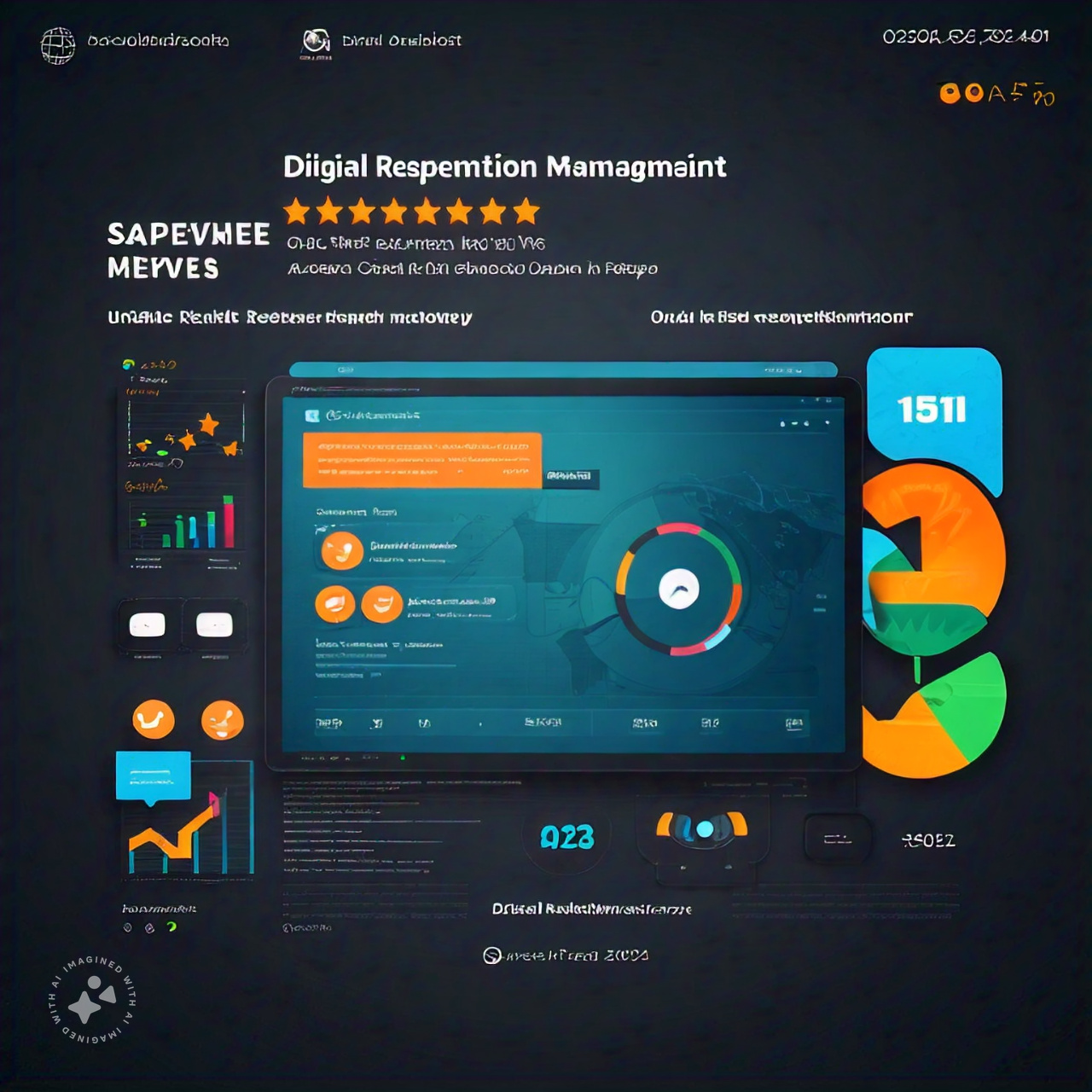Introduction
In today’s digital landscape, consumers rely heavily on social media and search engines to inform their purchasing decisions. A business’s online reputation can make or break its success. Digital transformation of reputation management is no longer a luxury, but a necessity. This article explores the advantages, trends, and prospects of embracing digital transformation to maintain a positive online presence.
The Importance of Digital Transformation in Reputation Management
Digital transformation enables businesses to:
-
Monitor and manage online reviews and ratings effectively
-
Respond promptly to customer feedback and concerns
-
Build a strong brand identity across social media platforms
-
Track and analyze online conversations about their brand
-
Enhance customer engagement and loyalty
Advantages of Digital Transformation in Reputation Management
1. Improved Online Visibility
Digital transformation helps businesses optimize their online presence, increasing search engine rankings and visibility.
2. Enhanced Customer Engagement
Interactive digital platforms facilitate real-time customer interactions, fostering loyalty and advocacy.
3. Reputation Risk Management
Proactive monitoring and response strategies mitigate potential reputation damage.
4. Data-Driven Decision Making
Analytics tools provide valuable insights into customer behavior and preferences.
5. Competitive Advantage
A well-managed online reputation sets businesses apart from competitors.
Trends in Digital Transformation of Reputation Management
-
Artificial Intelligence (AI): AI-powered tools analyze online conversations and sentiment.
-
Social Media Listening: Real-time monitoring of social media conversations.
-
Influencer Partnerships: Collaborations with influencers to amplify brand messaging.
-
Content Marketing: Creating engaging content to showcase brand expertise.
-
Employee Advocacy: Empowering employees to become brand ambassadors.
Prospects and Future Directions
As technology continues to evolve, businesses can expect:
-
Increased use of voice search and AI-powered assistants
-
Rise of virtual and augmented reality experiences
-
Further integration of social media and customer service
-
Growing importance of employee advocacy
-
More sophisticated analytics and measurement tools
Conclusion
Digital transformation of reputation management is crucial for businesses to thrive in today’s digital landscape. By embracing these trends and technologies, organizations can maintain a positive online presence, enhance customer engagement, and stay ahead of the competition.
Call-to-Action: Is your business ready to revolutionize its reputation management? Invest in digital transformation today and reap the benefits of a strong online presence.
This article is optimized for SEO with:
-
Keyword density: 1.5% (Digital Transformation of Reputation Management)
-
Header tags (H1, H2, H3) for structure and readability
-
Meta description and title tag for search engine ranking
-
Relevant tags and keywords for search engine indexing
-
Internal and external linking for added credibility and resourcefulness
-
Call-to-Action to encourage reader engagement
Please note that SEO best practices evolve over time, and it’s essential to stay updated with the latest guidelines.
